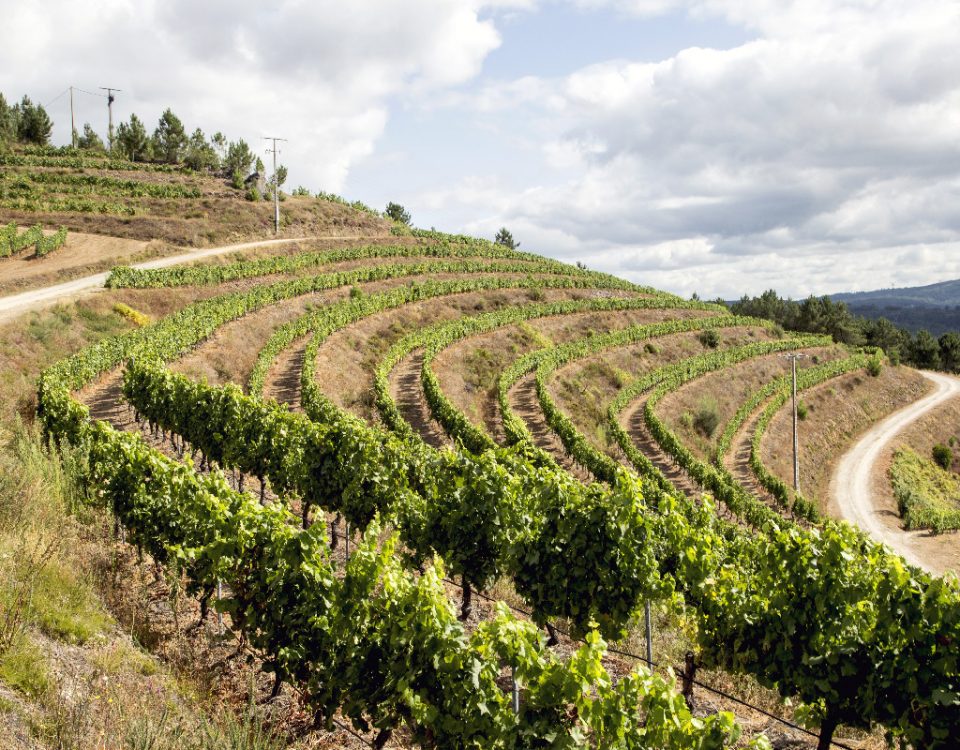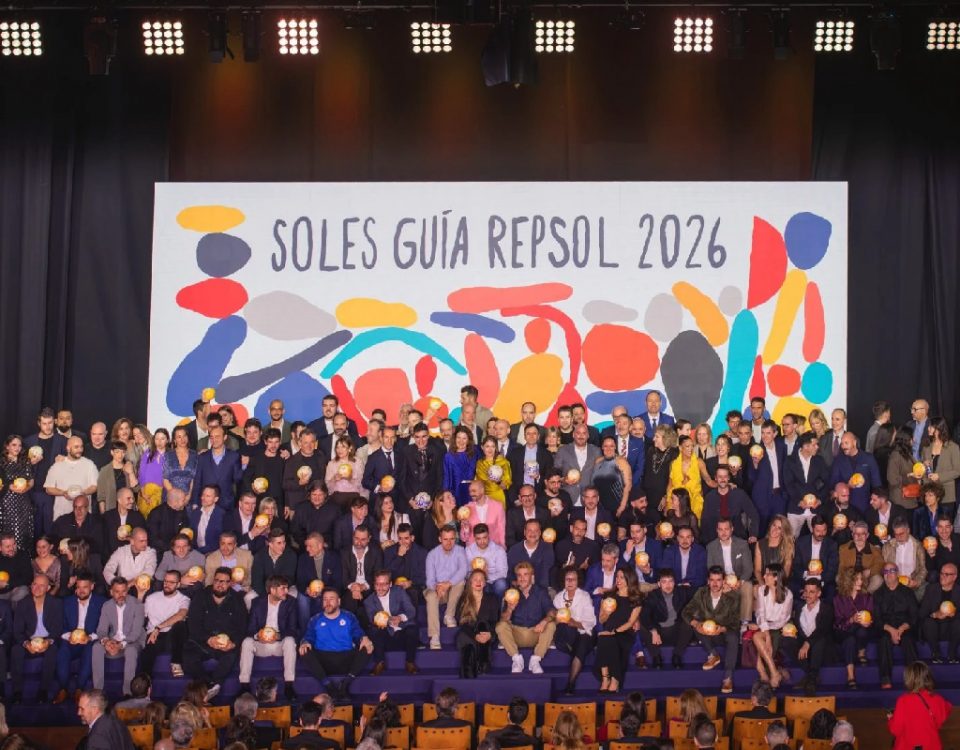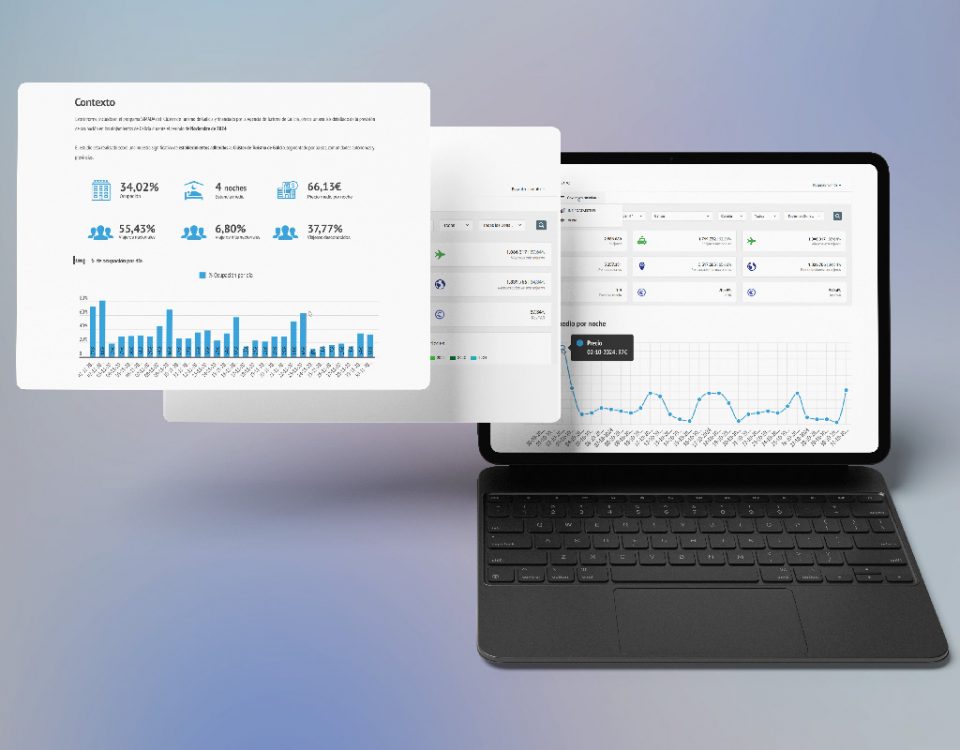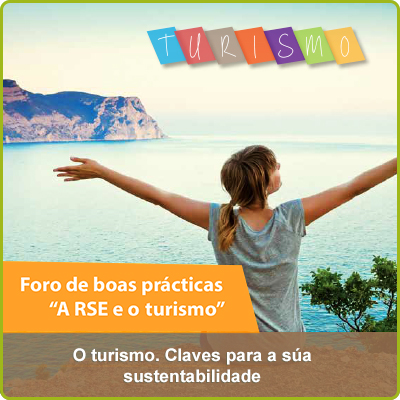- El mejor turismo de galicia
Approved the Plan of Tourist Accessibility and the Way of Santiago to advance in the inclusive tourism in Galicia in the horizon 2019
Approved the Plan of Tourist Accessibility and the Way of Santiago to advance in the inclusive tourism in Galicia in the horizon 2019
It includes four strategic lines for actions in the Galicia destination and another seven for the actions on the Camino de Santiago in particular
The Xunta has approved the Tourism Accessibility Plan and the Camino de Santiago, the road map with which the Xunta wants to make Galicia a reference in the field of inclusive tourism in the 2019 horizon. This is one of the documents developed in the Tourism Strategy of Galicia 2020 and also aligned with the Strategic and Master Plan of the Camino de Santiago. The plan, which includes a diagnosis and a battery of related actions, is articulated around four strategic lines of development in the Galicia destination and another seven for its implementation in the Camino de Santigo among which there is improvement of signaling, Guides of good practices or training and awareness of professionals, among others.
About 700 establishments were analyzed, including accommodation and restaurants in Galicia, and, on the Camino de Santiago, the degree of accessibility of more than 50 stages was evaluated, as well as the situation in about 200 lodging establishments. Also analyzed about 80 points of tourist interest in the route jacobea. After the study, areas of improvement were found in issues such as the need for greater presence of accessible tourism, improvements in signage, and more training and awareness in the sector. That is why, based on the results obtained in these diagnoses, the strategies and actions that were necessary to improve the competitiveness of the destination and to make Galicia a reference in tourist accessibility were established.
Under this plan, accessibility will be analyzed and improved in the main tourist points, tourism companies and care offices, including, among some measures, aid lines to improve the accessibility of resources and tourism companies. For the professionals will be held awareness days, as well as specific training on legislation and customer service with disabilities and diverse needs.
In the same way, it includes the edition of guides of good practices for accessible tourism, the implementation of applications for the improvement of accessibility, the inclusion of accessible tourism contents in the portal of the destination, the design of promotional material aimed at People with disabilities, as well as presence in the main tourist fairs and specialized in accessibility, among others. In the field of the Camino de Santiago, it includes, among others, the formative impulse to the professionals of the sector in the Way of Santiago, with courses of protocol and attention to the customer with disability, courses on normative and evaluation of the accessibility. Specialized agencies in accessible tourism
Fam trip with specialized agencies
Improvements are also made in signaling, so that it is accessible and includes understandable plans; In the external and internal signaling in the housings; In the information of the degree of accessibility of the establishments; In the points of tourist interest in the Way, as well as we pavements in sections more accessible. In terms of promotion, contact will also be promoted with the association of people with disabilities and specialized agencies in the field of accessible tourism. In this sense, Galicia will be the destination of several specialized operators and associations of people with reduced mobility, who will participate in a trip organized by Tourism of Galicia to know the offer of accessible tourism in our community.
Specifically, this trip involves operators and travel agencies specializing in this type of tourism Accesible Madrid, Touradapt, Accesitravel and Travel Xperience. The action will focus on tourist routes for cultural and heritage tourism for people with reduced mobility on the Galician coast.
There is currently a potential market of 138 million people in the European Union with access needs, with a year-on-year increase of 1.2% to 2020, which average 7.15 trips a year, representing an important niche Market to which to direct a specialized tourist offer.









